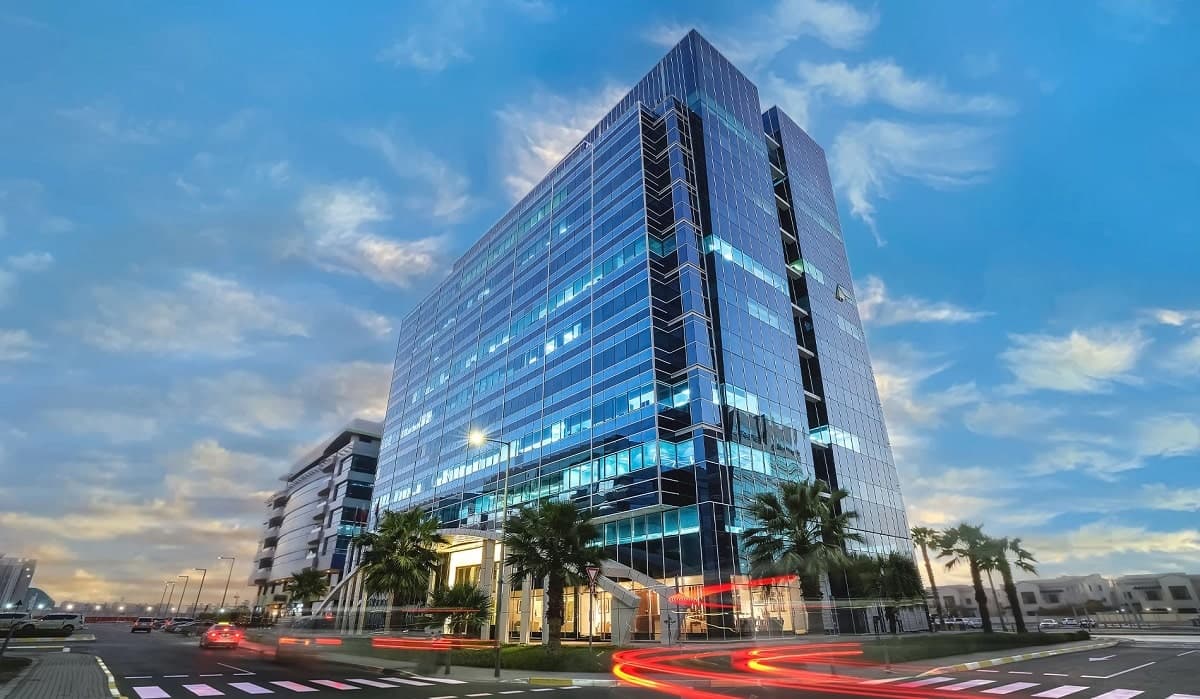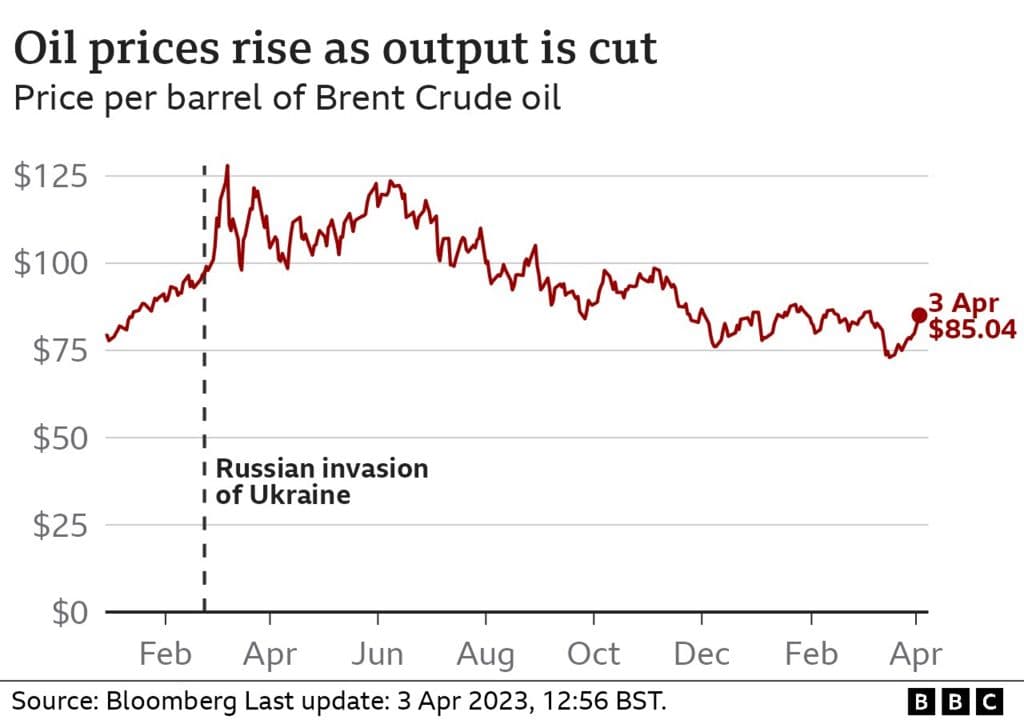IHC to Unload Up to $25 Billion in Minority Stakes, Shift to Control Deals
Abu Dhabi conglomerate IHC announced plans to divest between $20 and $25 billion of non strategic minority investments over the next 18 months, a move that signals a recalibration of its portfolio toward controlling, higher value assets. The decision matters for global private markets and regional capital flows, because it could release a large block of assets to strategic buyers and private equity at a time when deal financing is in flux.

International Holding Company, the Abu Dhabi conglomerate chaired by Sheikh Tahnoon bin Zayed, told Reuters on November 20, 2025 that it will divest roughly between $20 and $25 billion of non strategic minority investments over the next 18 months. The company said Chief Executive Syed Basar Shueb prefers to acquire controlling stakes where possible, but will exit minority positions when another owner is better placed to manage them.
The planned disposals come as IHC reports strong third quarter revenue growth and continues to target substantial new deployment. The group said it still plans to invest between $30 and $35 billion in new opportunities, and that it will fund those deals through a mix of debt and equity while concentrating on higher value strategic holdings. Management has already been consolidating parts of the portfolio, including a recent combination of businesses into an entity called 2PointZero Group. IHC said it is at an advanced stage on at least two divestments, with one expected to close in early 2026.
The scale and timing of the program matter for several reasons. First, the sale of up to $25 billion in minority stakes represents a significant supply of assets to the market, potentially altering competitive dynamics among strategic acquirers and private equity. Buyers looking for minority exposure to high growth sectors may find new opportunities, while firms seeking control may be able to negotiate premium valuations if IHC signals a willingness to take board level or majority positions going forward.
Second, the commitment to deploy another $30 to $35 billion while financing through both debt and equity indicates a two part strategy of portfolio recycling and active reallocation. By selling minority stakes and redeploying proceeds into controlling investments, IHC appears to be seeking a higher return profile and greater operational influence. That approach concentrates risk in larger, strategic holdings but can boost long term returns if management, integration, and sector selection prove successful.
Third, the divestment plan intersects with broader market conditions. Global capital markets have experienced periods of tighter liquidity and higher borrowing costs in recent years, making the mix of debt and equity financing a delicate balance. Large asset sales can depress valuations if executed in a hurried fashion, but staged exits over an 18 month period could allow IHC to capture better pricing and tailor sales to investor demand.
For Abu Dhabi and the wider Gulf investment landscape, the move underscores a shift from passive portfolio accumulation to active value creation. It may spur a wave of remeasurement among regional investors about the trade off between scale and control. For potential buyers, the window that opens in the next year and a half will be one of the more consequential sources of deal flow in the region, with implications for valuations, fundraising for private equity, and the allocation of international capital into Middle East corporates.

